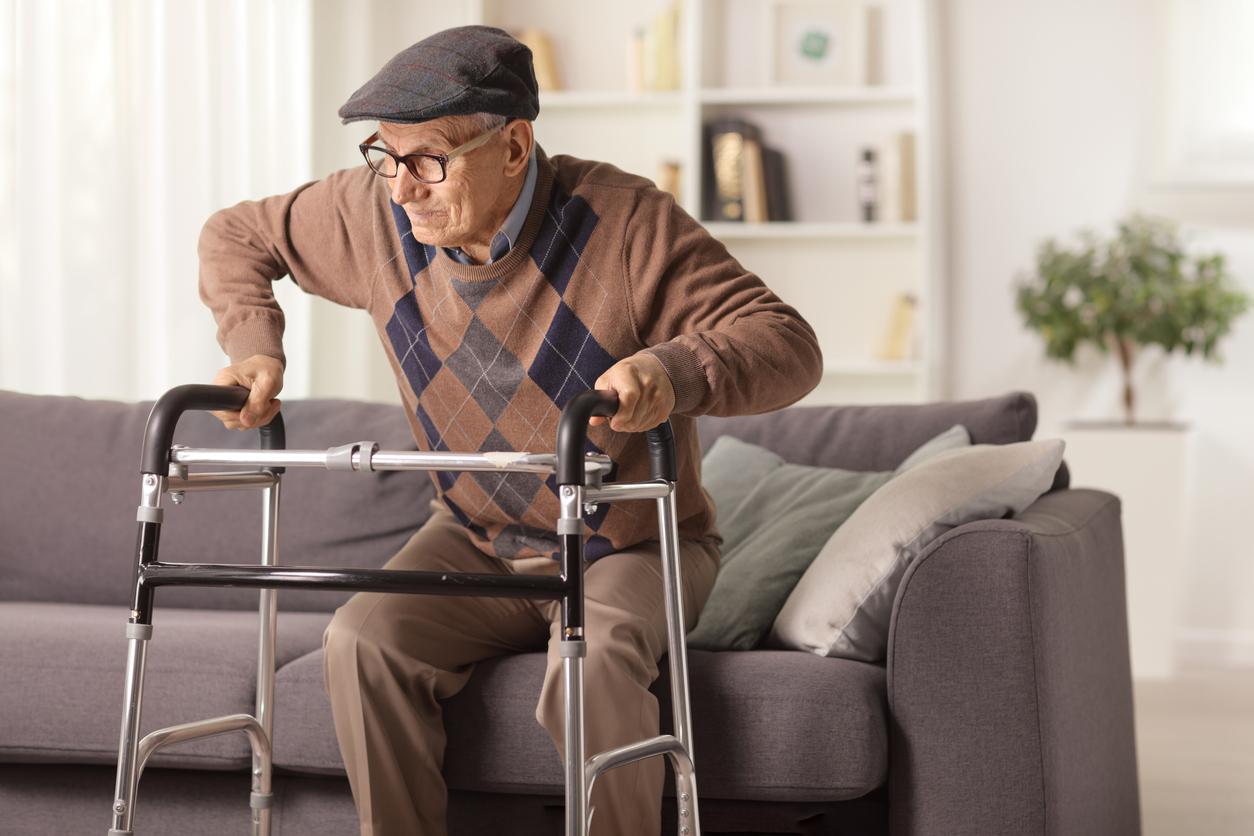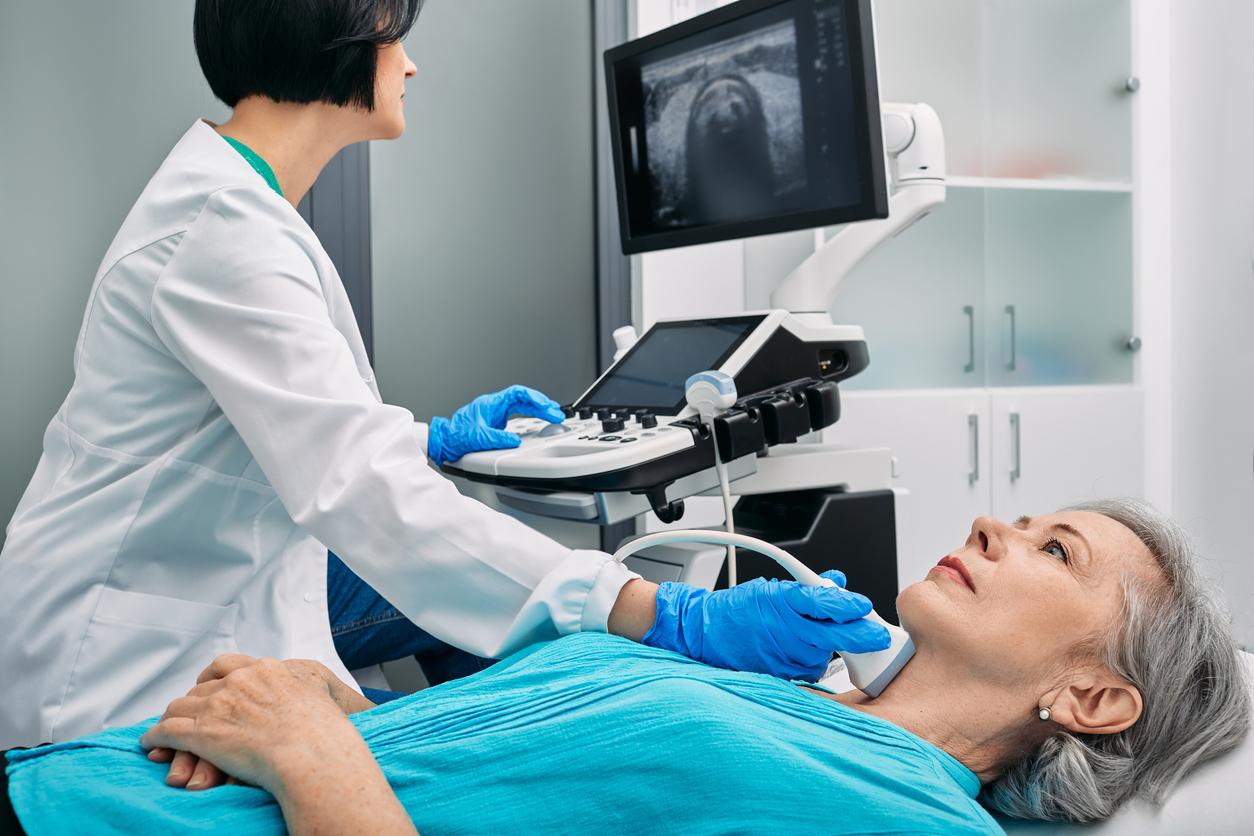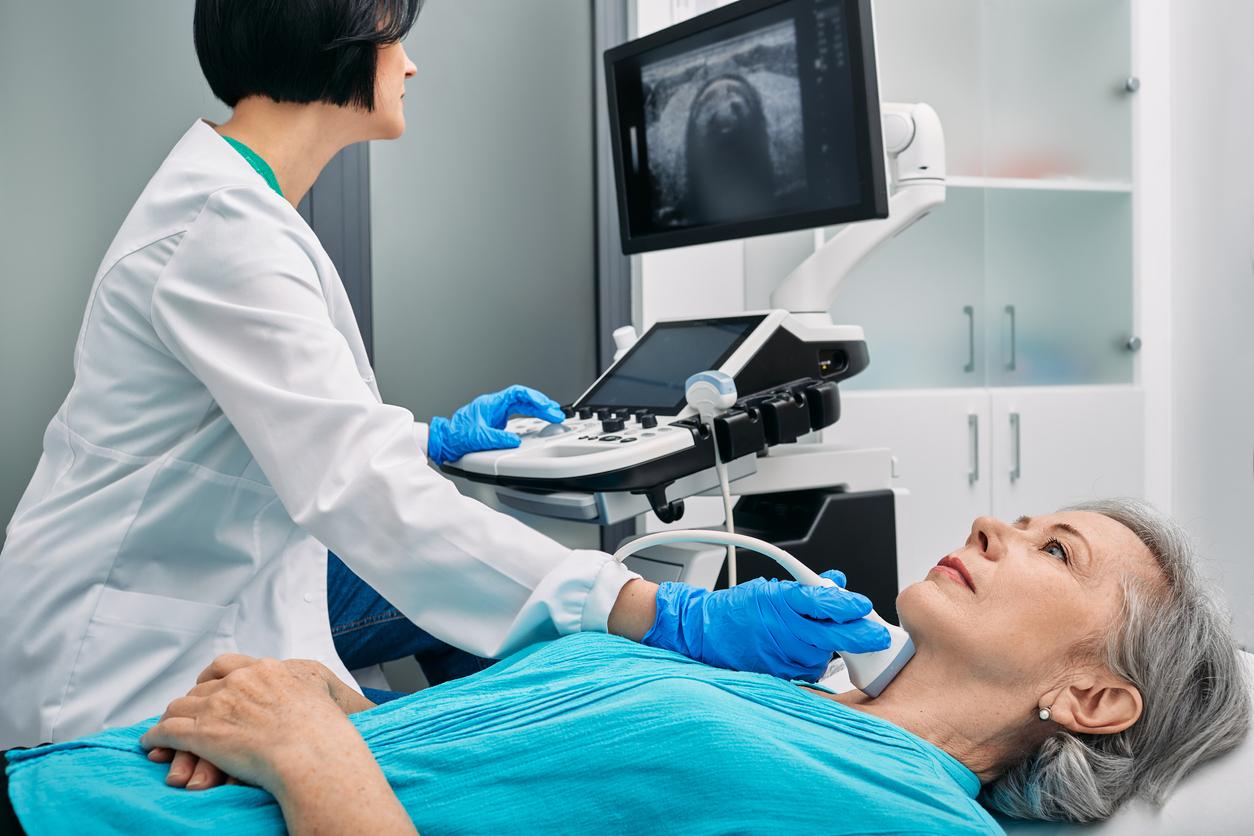
Half a million Dutch people take a pill for the thyroid gland
As you get older, your thyroid can slow down unnoticed. That is potentially dangerous for your heart. According to Robin Peeters, professor of internal medicine at Erasmus MC Rotterdam, it is therefore better not to wait too long with treatment.
1. When should you start taking the thyroid hormone levothyroxine?
Robin Peeters: “The thyroid gland is the regulator of your energy balance. Compare it to a thermostat that regulates the temperature in the house. If you make too little thyroid hormone, your energy goes down. You get tired, get cold, gain weight or suffer from concentration problems. These are general complaints that can also belong to other conditions. Fortunately, the doctor will soon think of a thyroid disorder and have your blood drawn. This shows whether there is something wrong with the thyroid, a butterfly-shaped organ on your throat. If blood results show that you are producing too little thyroid hormone, you should take thyroid hormone.”
2. Not everyone has symptoms of a thyroid hormone that is too low. How do you find out?
“Many people have complaints that resemble thyroid diseases but have a different cause. That is why the blood test plays such an important role. Conversely, there are also people who have no complaints, but who do have a deficiency of thyroid hormone. A thyroid gland that starts working slowly is a gradual process. The point at which someone gets complaints is for some people earlier than for others. Complaints in people older than 70 years can express themselves differently. Complaints such as weight gain or fatigue are less common among them, according to research. They may suddenly lose weight instead of gaining weight.”
3. Why is an underactive thyroid more common with age?
“The main cause of a slow thyroid gland is that the body makes antibodies against the thyroid gland. It’s an autoimmune disease. The thyroid gland is slowly broken down. And the older you get, the less thyroid tissue gradually remains. This does not apply to all elderly people; there are also many people in old age who do not have a thyroid problem.”
4. Why would you take hormones if you don’t have any symptoms?
“As a result of the deficiency, you can also experience other problems without noticing, such as high cholesterol, weight gain or cardiovascular disease. There are many reasons to treat a thyroid hormone deficiency. When your thyroid gland does not work properly, it will work less and less well over time. So if the doctor sees that the thyroid levels in the blood are too low (hypothyroidism), you better start treatment. Even if the complaints are mild, it is better than waiting six months until the complaints are even worse.”
5. Do you have to take thyroid hormone for the rest of your life?
“Yes. The moment you have an underactive thyroid in which two blood values – TSH (thyroid stimulating hormone) and free T4 (thyroxine) – are both abnormal (increased TSH and decreased T4), you can in the majority of cases of assume you will be on drugs for the rest of your life.”
6. What are normal thyroid blood values?
“The normal values are determined per laboratory and depend on the method used to determine the determination. In general, these normal values for TSH are between 0.4 and 4.0 mU/l and for free T4 between 9.0 and 24.0 pmol/l.”
7. Some people have a (slightly) elevated TSH and a normal free T4. Doctors call this combination subclinical hypothyroidism. Is treatment recommended?
“Subclinical hypothyroidism is not always permanent. In more than half of the people who have this, the TSH returns to normal in the following years. Usually you do not need to take medication in subclinical hypothyroidism. It depends on the severity of the abnormal TSH values. If these are not very different, the doctor will not prescribe medication. But if, according to the doctor, the TSH levels are very abnormal and continue to rise, you will often be given medication.”
8. And what about if you are over 80 years old?
“In people over 80 years old with subclinical hypothyroidism, a higher limit applies to which doctors treat. An excess of thyroid hormone, i.e. higher T4 values, can lead to other complaints, such as heart rhythm disturbances. As you get older, you are more vulnerable to it. So doctors are even more cautious about treating subclinical thyroid hormone deficiency in old age. When both TSH and free T4 are abnormal, i.e. with a real hormone deficiency, people of any age receive treatment.”
9. Can the pharmacy exchange your levothyroxine for another brand?
“Officially yes, but most doctors think that is very unwise. Some time ago, a certain brand of thyroid hormone was temporarily unavailable. Patients were given the drug from a different brand. Then there were people who suffered from that. Additional blood tests had to be done to see what was going on. This required extra visits to doctors. The whole switch was annoying for patients and expensive too.”
10. If you have side effects from, for example, the drug Thyrax, can you get an alternative?
“Yes, there are different brands. Sometimes it helps to switch. For example, if you are bothered by the excipients, which are different between the brands. If someone is set up and feeling good, doctors advise against switching brands.”
11. Can you take the thyroid hormone levothyroxine with other medicines?
“It depends on the drugs. Levothyroxine is absorbed less well if you do not take it according to the instructions. Normally you take the pill in the morning on an empty stomach half an hour before breakfast. If you also take calcium tablets, for example, the levothyroxine is absorbed less well in the body. Levothyroxine is also less well absorbed when antacids are used. If you take these every day, you structurally need a higher dose of the thyroid medication. So the same routine of taking is important.”
12. Can you slowly stop taking levothyroxine if your levels are normal for a long time?
“If someone has had an underactive thyroid for a long time, he will not be able to stop. However, people with subclinical hypothyroidism who have been given pills based on one abnormal value may try to stop in consultation with the treating physician. But never do it on your own.”
A lot of information about thyroid problems can be found at the SON (Thyroid Organization Netherlands) patient association: www.schildklier.nl
This article previously appeared in Plus Magazine November 2021. Want to subscribe to the magazine? You can do that in an instant!
Sources):
- Plus Magazine















